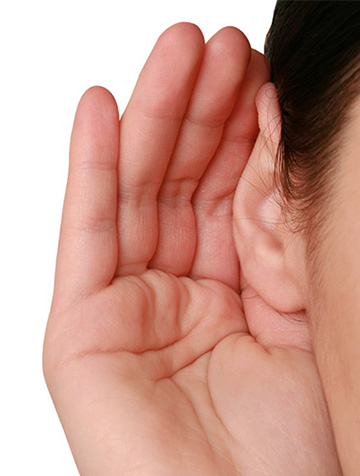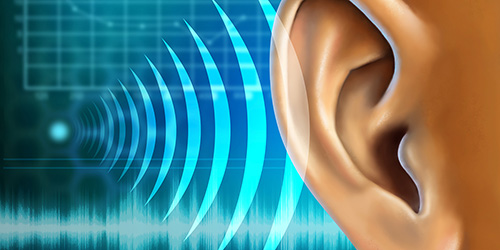Tinnitus
Tinnitus is ringing, buzzing, or other noises experienced in the ears. The sounds pose major disruptions in people’s lives and indicate possible ear damage and hearing loss. Fortunately, our experts understand your symptoms and can direct you to a hearing specialist for relief. Call for more information or request a callback through our online form.
Common triggers include acute hearing loss, excessive noise, impaired blood circulation, stress, or misalignment of the cervical spine or jaw joint.
Tinnitus can occur in one ear (left or right) or both. The noises originate in the head and ear canal rather than outside the body. There are about 200 health disorders that could cause tinnitus sounds. One of the most frequent reasons for ear ringing is hearing loss. The damage could be caused by age related factors, noise factors or both.
The sounds experienced by people vary in volume, intensity and type. Some noises sound like high-pitched ringing while others sound like an airplane engine. Other types of noises are similar to the sounds of wind blowing, a rainstorm, or a tea kettle whistling. People experience intermittent or constant sounds. Whatever type of sound experienced, the noise disrupts a person’s life. A person may never have relief from constant ear noise.
More than fifty percent of tinnitus sufferers also have a loss of hearing. Using a hearing aid can significantly increase the quality of life and health for those with hearing loss and ear ringing. Hearing aids compensate for the loss, enabling people to hear external sounds again and retraining the brain to hear sounds.








